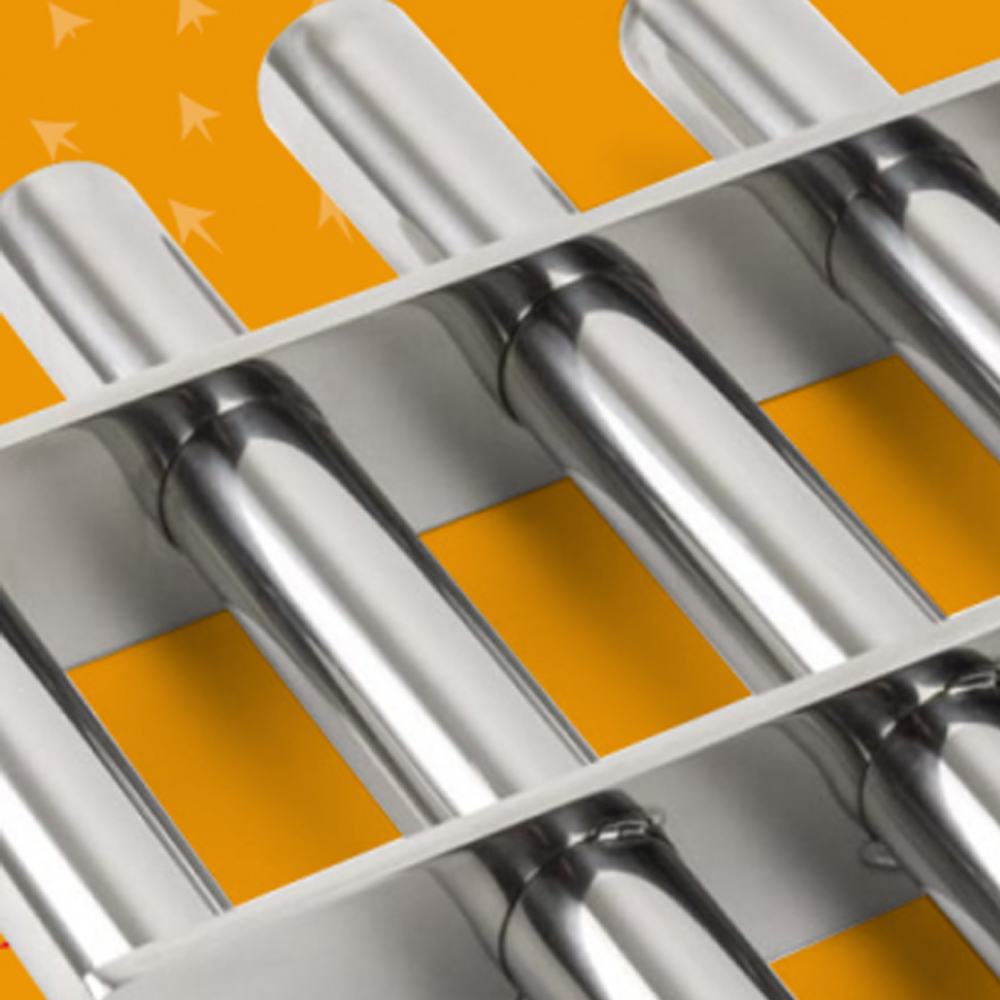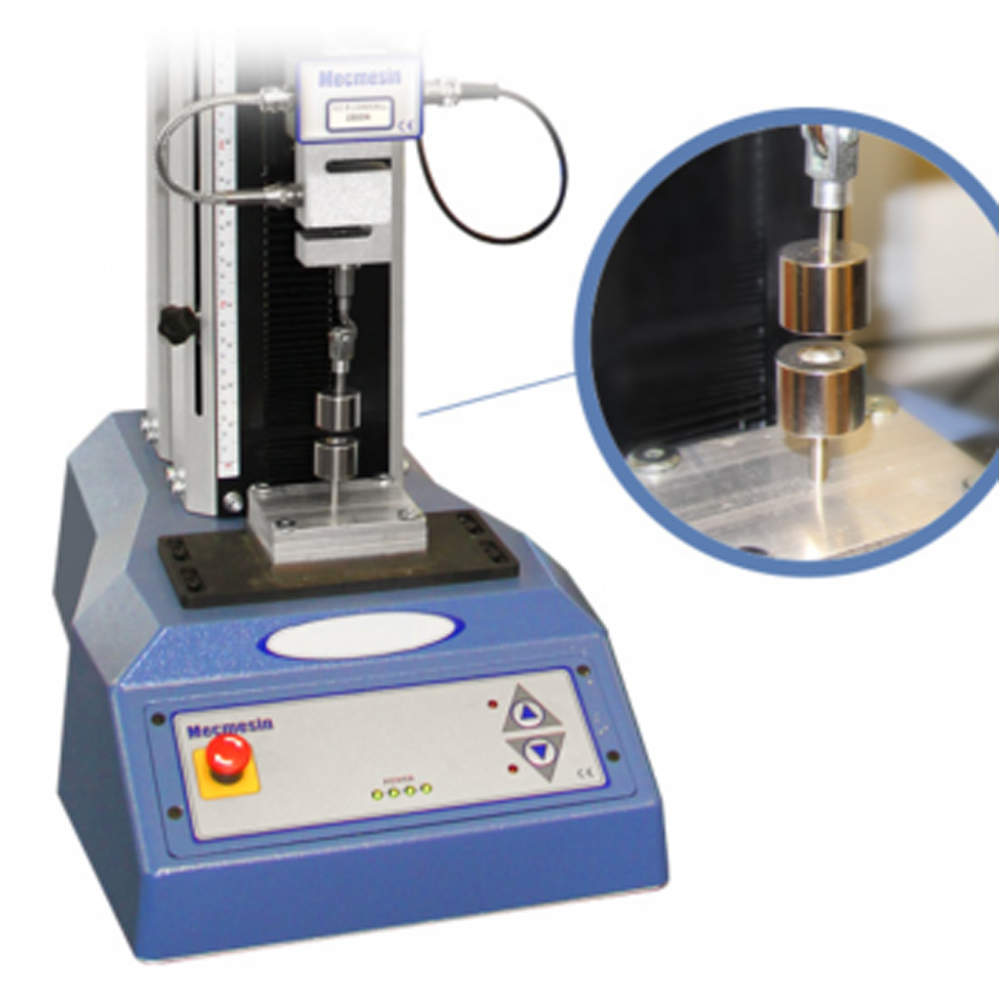If you’re looking to find out if stainless steel is magnetic, you will likely find a variety of responses as many people believe stainless steel is a non-magnetic material and others believe it must be magnetic as it contains iron. However, not all stainless steels are magnetic.
The fact is some types of stainless steel are magnetic while others are not, it is all dependent on the composition, to be magnetic it must meet certain requirements.
What Makes a Stainless Steel Magnetic
In order for stainless steel to be magnetic, it is necessary that steel contains iron and has either a martensitic or ferritic crystal structure in order to be magnetic.
- The stainless steel must have iron in the alloy
- The alloy must possess martensitic or ferritic crystal structures
Which Types of Stainless Steel Are Magnetic
Magnetic stainless steels are typically grouped together, the following stainless steels are usually magnetic:
- Duplex Stainless Steel including grade 2205
- Martensitic Stainless Steel including grades 410, 420, 440.
- Ferritic Stainless Steels including grades 409, 430 and 439
Duplex Stainless Steel
Duplex stainless steels will typically be magnetic because they contain a mixture of both austenite and ferrite. The amount of ferrite is what contributes to duplex steels being magnets, however, as duplex stainless steels contain more austenite than ferrite steels, they may be less magnetic.
Martensitic Stainless Steel
The unique crystal structure of martensitic steels can be ferromagnetic when iron is present. Since stainless steel is a type of steel, there is an abundant amount of iron in its make-up.
Making the majority of martensitic stainless steel magnetic.
Ferritic Stainless Steels
Ferritic stainless steels contain a large quantity of ferrite in their composition usually making them magnetic, aa ferrite is a compound of iron and other elements.
The combination of a ferritic crystal structure and iron makes stainless steel magnetic.
Why Does Magnetism Matter in Stainless Steels
Applying a magnetic field to a material can have a huge effect on the intended purpose and performance of the material within its application.
Magnets can create complications during welding and fabrication processes, however, if a metal needs to be quickly sorted from other materials, a magnetic material makes this process easier.
Electrical currents also behave differently in magnetic materials.
Overall, the application requirements will determine which type of stainless steel is best suited.
Contact Magnet Expert Today
At Magnet Expert, we welcome any enquiry about magnets, their applications and your custom magnet needs. If you have questions regarding our magnetic assemblies or systems, technical information and advice, or you simply want to place an order please call 0845 519 4701 or fax us on 0870 838 1233.
If you prefer to send us an e-mail directly, please feel free by emailing us at sales@magnetexpert.com.
Our business hours: Monday to Friday 8.00 am to 5.30 pm.


